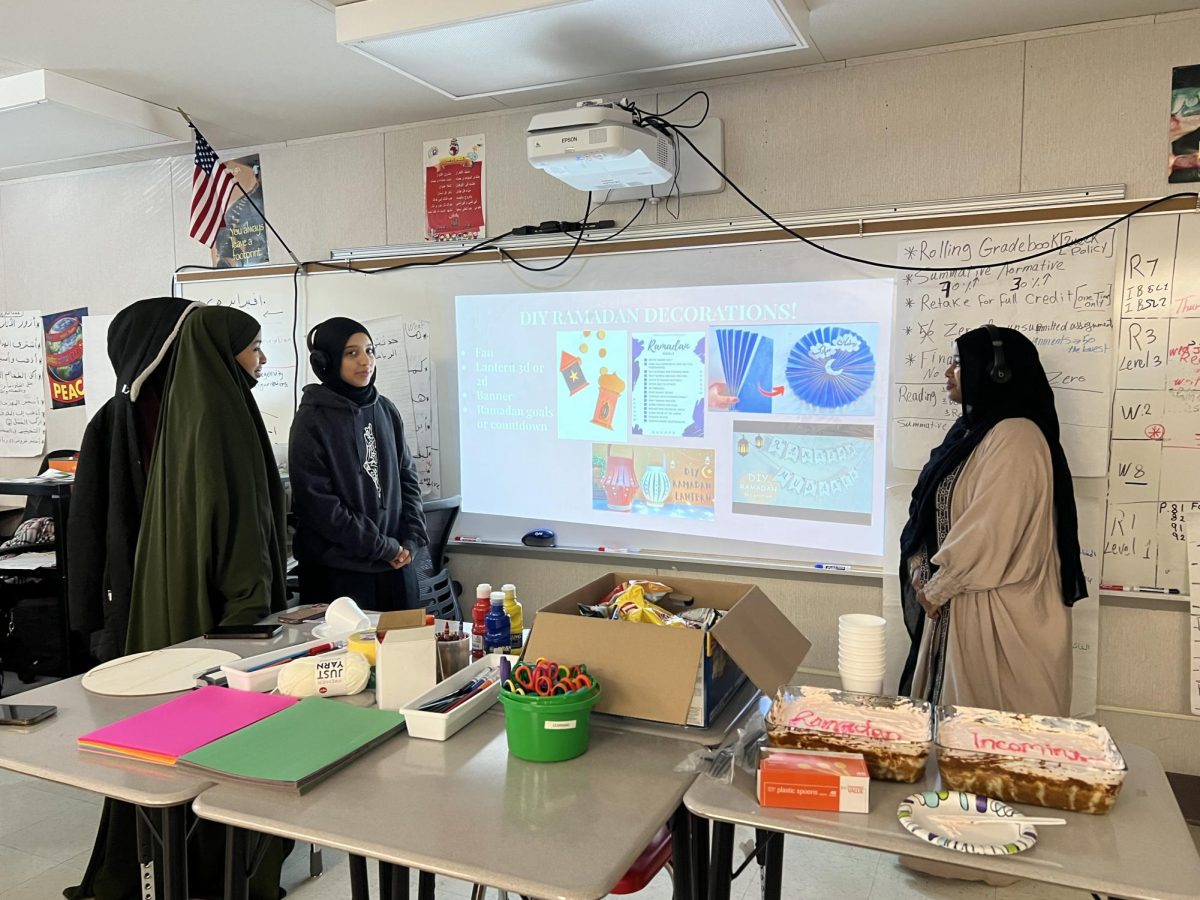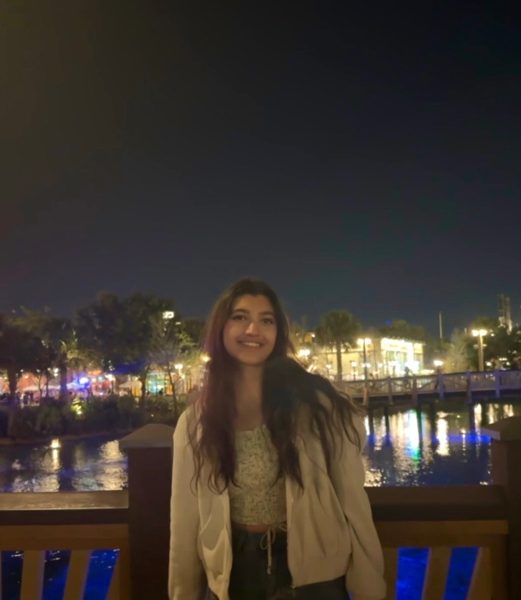Two significant periods of spiritual observance stand out this time of year: Ramadan and Lent.
Ramadan, the holiest month in Islam, and Lent, observed in Christianity, share themes of reflection, sacrifice, and spiritual renewal. With both entailing fasting and introspection, the concurrent celebrations of Ramadan and Lent among students illuminate their unique religious bonds and devotions.
Ramadan is celebrated during the ninth month of the Islamic calendar and commemorates the revelation of the Quran to Prophet Muhammad. It is observed as a period of fasting, prayer, reflection, and community.
During Ramadan, Muslims abstain from food, drink, and sinful activity. Fasting occurs between Suhoor and Iftar, with Suhoor marking the pre-fast meal before dawn, while Iftar, at sunset, signifies the breaking of the fast each day.
Sophomore Saara Farahmand says, “I love the joy of gathering with loved ones, friends, and family for Iftar. I love this part of Ramadan because it’s a special time when we break our fast together and share and eat delicious meals.”
Senior Sosan Barakzai reflects on what makes Ramadan special for her: “We have this tradition where my grandmother invites all of us for an Iftar. This is special for me because I get to be with my family in such a precious time, where I further reflect upon my blessings and make sure I am constantly grateful, since there are a lot of people in the world right now who don’t have families to break their fast with or even have proper food to break their fast.”
In addition to family traditions at home, students also embrace their faith within the school environment.
Senior Husna Basiri has taken notice of this, saying, “For the past six months, we have been holding Friday prayers in congregation at AHS. The prayer is from 1:30 p.m.-1:50 p.m. in the TV room located in the library. Usually, more than 30 students attend the prayer, but during Ramadan, the number of attendees increased significantly. At times, there are more than 60 students who gather to pray together. It makes me happy to see that students can freely practice their religion within our school community.”
Basiri believes Ramadan brings joy to all, and loves seeing her Muslim community come together.
Lent, observed primarily in the Christian tradition, is a solemn period of preparation leading up to Easter Sunday, commemorating the resurrection of Jesus Christ.
Lent spans approximately 40 days, mirroring Jesus’ 40 days of fasting in the wilderness. Believers often engage in practices such as fasting, prayer, and acts of self-denial, with some Christian sects, like Orthodox and Catholicism, choosing to abstain from all animal products throughout its duration.
“I’m from a very religious family and was raised to go pescatarian during lent but I always knew that it is up to the individual to decide what they want to give up,” says senior Pamela Moura.
Senior Nardose Delelegn provides a slightly different experience: “I’ve only just begun observing Lent by fasting in the last few years. It wasn’t something my parents required me to do when I was younger, so I’ve never done it until I was sure. I think it’s really challenging to give up dairy and meat, but it’s going well, and I feel it’s an essential part of my faith.”
Lent is also a time for repentance and spiritual discipline, inviting Christians to deepen their relationship with God.
“I love this time of year because it always helps me build up my spirituality as well as the bond between me and my family since we fast together. Lent is also an opportunity for me to try and improve myself, letting things go, cursing less, being more positive, etc.” adds senior Pamela Moura.
Lastly, Moura adds, “I love Lent since it overlaps with Ramadan because it is super heartwarming to see my friends and I all try to improve our relationship with God, despite religious differences.”








